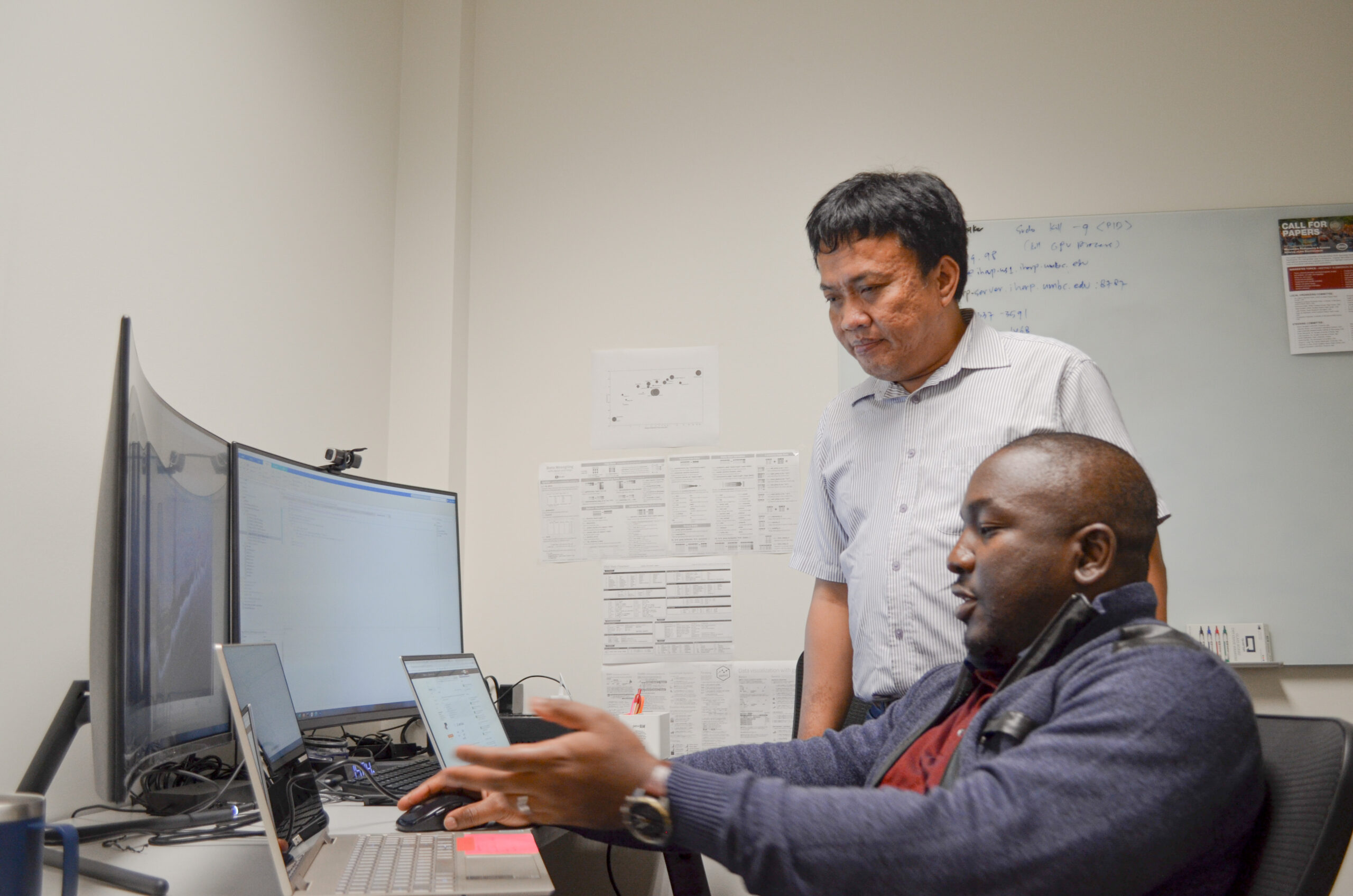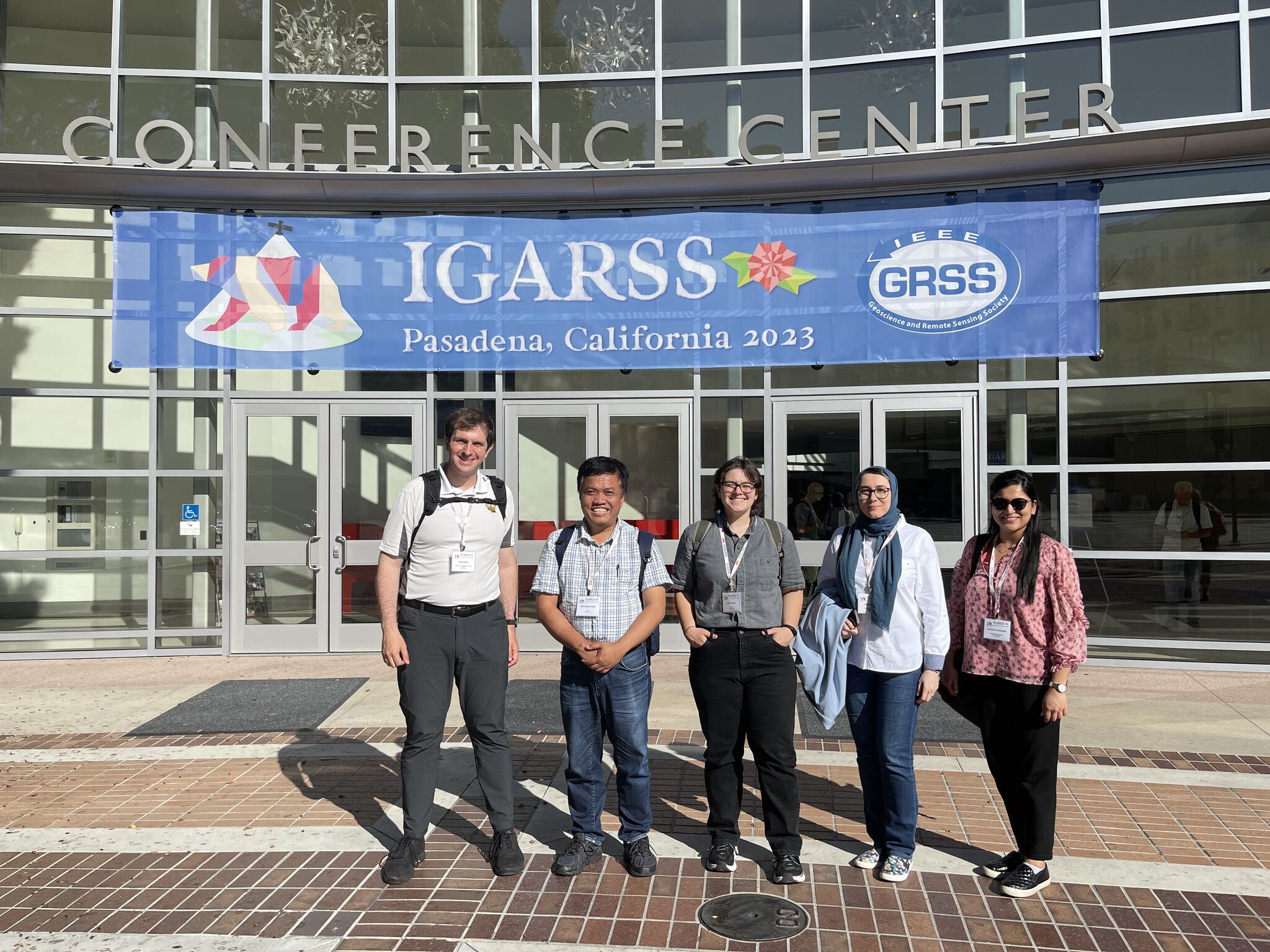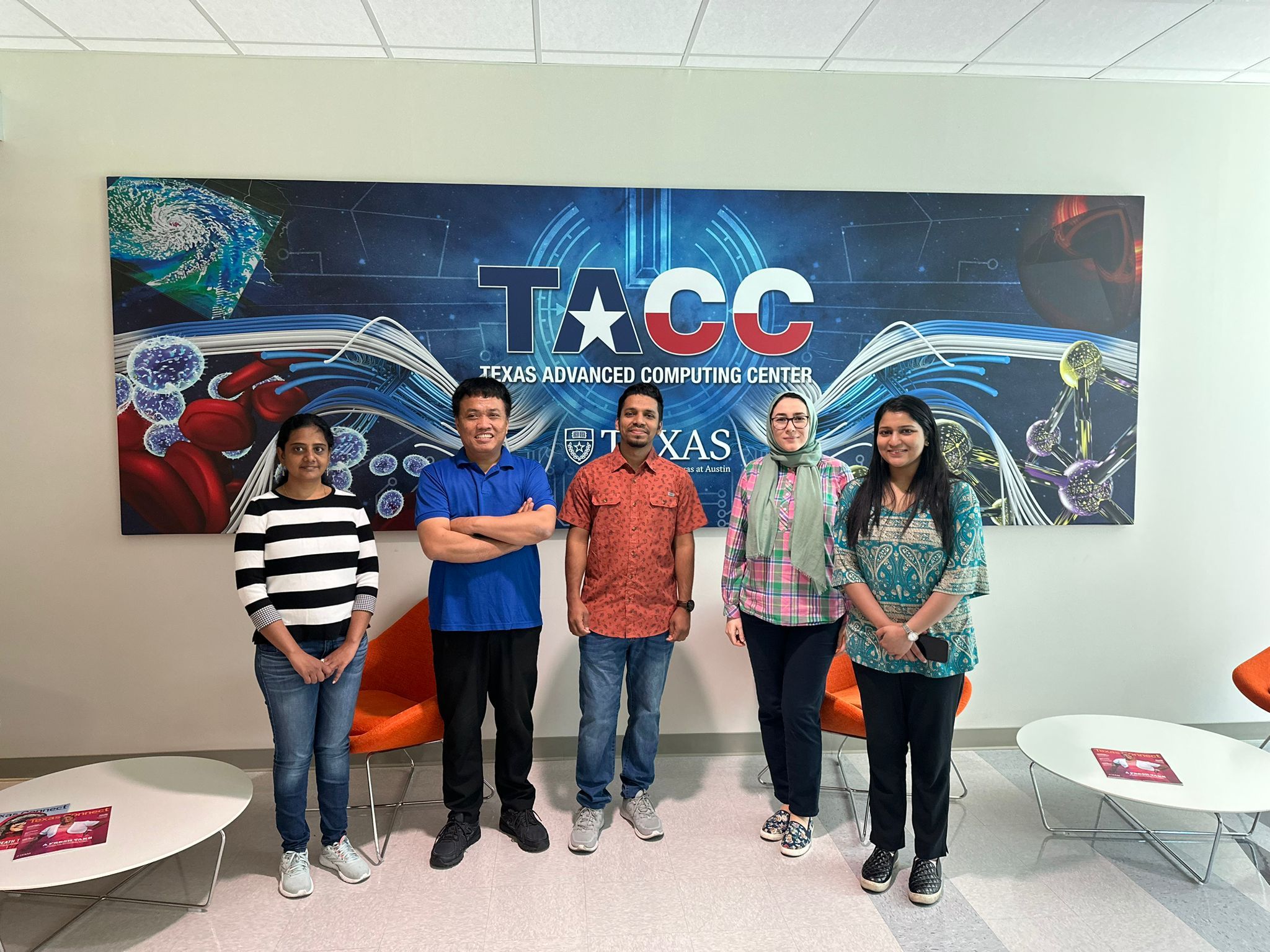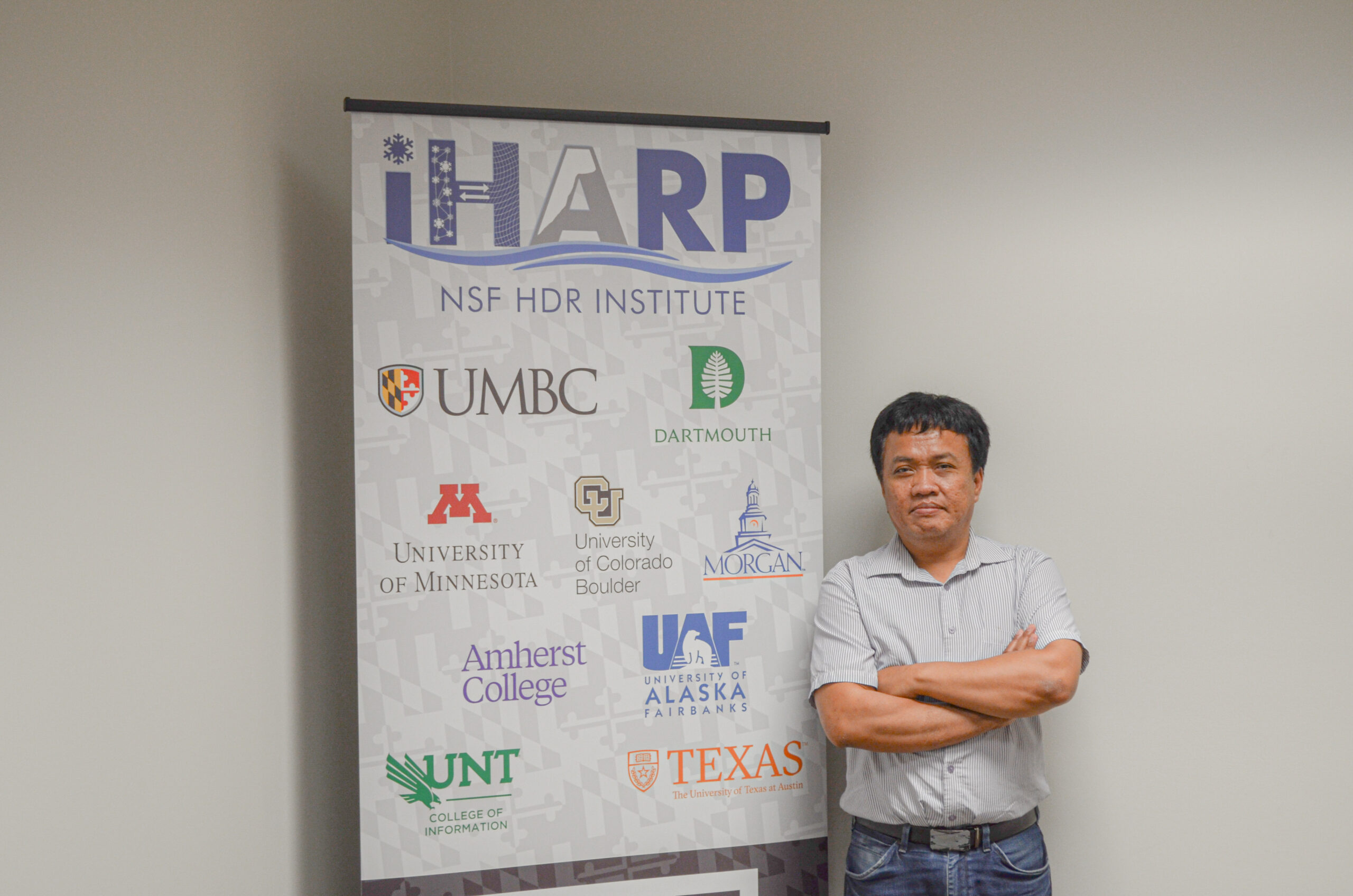Today begins National Postdoc Appreciation Week! Since 2009, the National Postdoc Association has sponsored National Postdoc Appreciation Week to recognize the significant contributions that postdoctoral scholars make to U.S. research and discovery. The Department of Information Systems is celebrating this week by profiling Bayu Adhi Tama, Ph.D. a postdoc researcher for iHARP.
Bayu Adhi Tama received his Ph.D. in Information Systems from Pukyong National University, Republic of Korea in 2018. He shares with us why he chose to pursue a postdoc, how he became interested in data mining and his work improving our ability to combat and predict sea-level rise.
Information Systems: How did you first get interested in the field and how did that influence your research interests and Ph.D. thesis?
Bayu Adhi Tama: I first became interested in the field of data mining during my graduate years when I took a course on advanced database systems. The course was enjoyable since we dealt with real-world implementations of data mining algorithms and techniques. As I progressed through my studies, I found myself drawn to machine learning, which is more focused on developing algorithms and models that can learn from data and make predictions. This interest led me to explore various research opportunities, and I eventually decided to pursue my Ph.D. in information systems. My Ph.D. thesis, titled “Classifier Ensembles for Predictive Data Analytics,” emerged from a desire to address the pressing issue of combining multiple classifier systems to improve the performance of intrusion detection systems. It built on my earlier experiences and coursework, allowing me to make a meaningful contribution to the field.
Information Systems: How did you find out about iHARP?
Bayu Adhi Tama: To be honest, I found out about iHARP by accident. While my intention was to apply for a postdoc position in the MDataLab under Dr. Vandana Janeja, she introduced me to the exciting work being conducted at iHARP. Dr. Janeja highlighted the collaborative and innovative research environment at iHARP and suggested that my background and research interests would align well with the ongoing projects there. Intrigued by her description and the potential for interdisciplinary research, I decided to explore iHARP further and eventually became a part of this dynamic research center. It turned out to be a serendipitous discovery that has greatly enriched my academic journey and opened up new opportunities for collaboration and growth.
Information Systems: Can you tell us what a postdoctoral is and why you decided to pursue one?
Bayu Adhi Tama: A postdoctoral position, often referred to as a postdoc, is a temporary research position typically undertaken by individuals who have completed their doctoral degrees (Ph.D.) and are looking to gain further research experience and expertise in a specific field. I decided to pursue a postdoctoral position for several reasons such as deepening research expertise, networking and collaboration, mentorship and teaching skill development, and exploring new research directions.

Information Systems: You are currently a postdoc researcher at iHARP. Can you share with us a little bit about iHARP’s research and the impact of the work?
Bayu Adhi Tama: Our research at iHARP aims to enhance our comprehension of ice dynamics, which is crucial for improving our ability to predict future sea-level rise accurately. The uncertainties in sea-level rise forecasts present substantial obstacles to coastal planning and mitigation efforts.
Addressing this issue is of paramount importance due to the far-reaching socioeconomic and environmental consequences associated with sea-level rise, including coastal flooding, habitat loss, and population displacement. By refining the accuracy of our projections, we can empower decision-makers with more reliable information, aiding communities and governments in implementing adaptive strategies and policies.
Information Systems: What are your current research interests and how do these align with iHARP’s vision?
Bayu Adhi Tama: My current research interests revolve around applied data mining and data science. I am passionate about leveraging advanced data analytics techniques to extract meaningful insights from complex datasets. This expertise aligns closely with iHARP’s vision, which seeks to advance our understanding of polar regions’ response to climate change through the integration of data science and polar science. More precisely, my background in data mining equips me with the skills to extract valuable information from large and heterogeneous datasets, which are often encountered in polar science research.

Information Systems: What do you hope to gain from your postdoc position? What are your goals after you complete it?
Bayu Adhi Tama: In the field of data science, where technology is rapidly evolving and impacting various industries, a postdoctoral position enables me to stay at the forefront of research and contribute to solving complex problems. It is a strategic career move that aligns with my long-term goals of making meaningful contributions to the field and pursuing a career in academia while staying engaged with industry challenges.
Information Systems: How has your experience at UMBC been so far?
Bayu Adhi Tama: My experience at UMBC has been incredibly positive, and I have found the university to offer a highly supportive work environment. This supportive atmosphere has played a significant role in enhancing my academic and research journey. UMBC fosters a collaborative research culture. I have had the opportunity to work closely with colleagues from various disciplines on interdisciplinary projects. This collaborative approach has enriched my research and provided diverse perspectives. In addition to that, UMBC places a strong emphasis on inclusivity and diversity that fosters creativity and innovation.
Information Systems: What advice would you give to someone thinking about pursuing a postdoc as they begin their career path?
Bayu Adhi Tama: Here is some advice for someone considering a postdoc as they begin their career:
- Define your goal whether a postdoc will align with your long-term career goals,
- Choose the right mentor and institution,
- Ensure that the project aligns with your research interests and goals,
- Highlight your skills, accomplishments, and how you will contribute to the research project,
- Build a strong publication record for future career prospects,
- Use a postdoc to gain a new skill and broaden your expertise. This can make you a more competitive candidate for future positions, and
- Lastly, do a postdoc with enthusiasm, dedication, and a clear sense of purpose.
About iHARP: iHARP conducts data intensive research, education, outreach, and cyberinfrastructure development that transforms our understanding of the effects of climate change in polar regions. This institute brings together stakeholders and leading scholars in data science and polar science to reduce uncertainties in projecting Greenland and Antarctica’s future mass balance, associated sea-level rise, and impacts on global communities.

